Lending her voice to the crowded chorus of those writing about modern motherhood is Rachel Cusk in her new book Arlington Park. I read a summary of reviews of this book in The Week, which does something similar to what I do in this blog: summarize reviews.
Here’s what The Week had to say:
The things that irritate people about Rachel Cusk’s novels are the same things that make this English writer “one of the best of her generation,” said Sophie Ratcliffe in the New Statesman. In Arlington Park, her cruel eye settles on five youngish mothers in a posh London suburb, and she unpacks a single numbing day in their lives with “a sort of dramatic aggression.” But to fully appreciate the book’s power, you need to tolelate Cusk’s overuse of symbolic visual imagery and her “incredibly long sentences.” Cusk’s strength is her style — “cold and hard and devastatingly specific,” said Jane Smiley in The Los Angeles Times. The wives of Arlington Park share a sense of imprisonment that we’ve seen often in American depictions of the suburbs, but Cusk generates drama from the sheer precision of her individual portraits…. But Cusk evokes a dread that never leads anywhere. You want something to happen to each of her selfish, stunted suburbanites, but nothing ever does.
Entertainment Weekly also recently reviewed Arlington Park, calling it her “gloomiest bulletin yet.” According to EW:
The narrative begins as 36-year-old Juliet lies in bed before rising one morning, brooding over a fight with her husband and the general dreariness of her existence. ”She had never expected to find herself here, where women drank coffee all day and pushed prams around the grey, orderly streets…. At school she was the exceptional one.” In a claustrophobic household nearby, Amanda experiences every hour ”like a boulder she had to singlehandledly lift and move laboriously out of her path,” finding pleasure only when she cruises around town at the wheel of her silver Toyota. Maisie can’t even muster those fleeting moments of transcendence. Feeling like a ”boat in a harbour where the tide has gone out, lying helplessly on her side in the mud,” she throws her daughter’s lunch box at the wall and shouts, ”You’re ruining my life!”
EW comes to a similar conclusion as The Week‘s reviewer: that there is a sameness to the characters and that not much really happens to them. According to the review, “You won’t read about these feelings in pastel-hued parenting guides, and Cusk’s frank acknowledgment of maternal ambivalence is rare and wonderful; so, too, is her ability to pinpoint and articulate nebulous emotional states. But Cusk’s group portrait in Arlington Park suffers from the sameness of her characters, who… seem like multiple versions of the same smart, deeply depressed woman. Cusk conveys the misery of domesticity, but never the humor and grace that do, on occasion, enliven it.”
So why do I want to read this book?
I guess because it is yet another viewpoint in the raging, yet unresolvable debate that I can’t seem to escape, whether I am talking to my friends, watching Oprah (which I do solely for work – please don’t judge me), or picking up the newspaper: how do modern women resolve their sometimes conflicting feelings about motherhood, especially if they have spent their lives preparing for other pursuits?
Incidentally, my friend Tuvana gave me an earlier non-fiction book by Rachel Cusk that I haven’t read yet called A Life’s Work, which is also an unflinching look at the realities of early motherhood. It also looks good – still on my nightstand.
Would love to hear thoughts from anyone who has read either of these books.

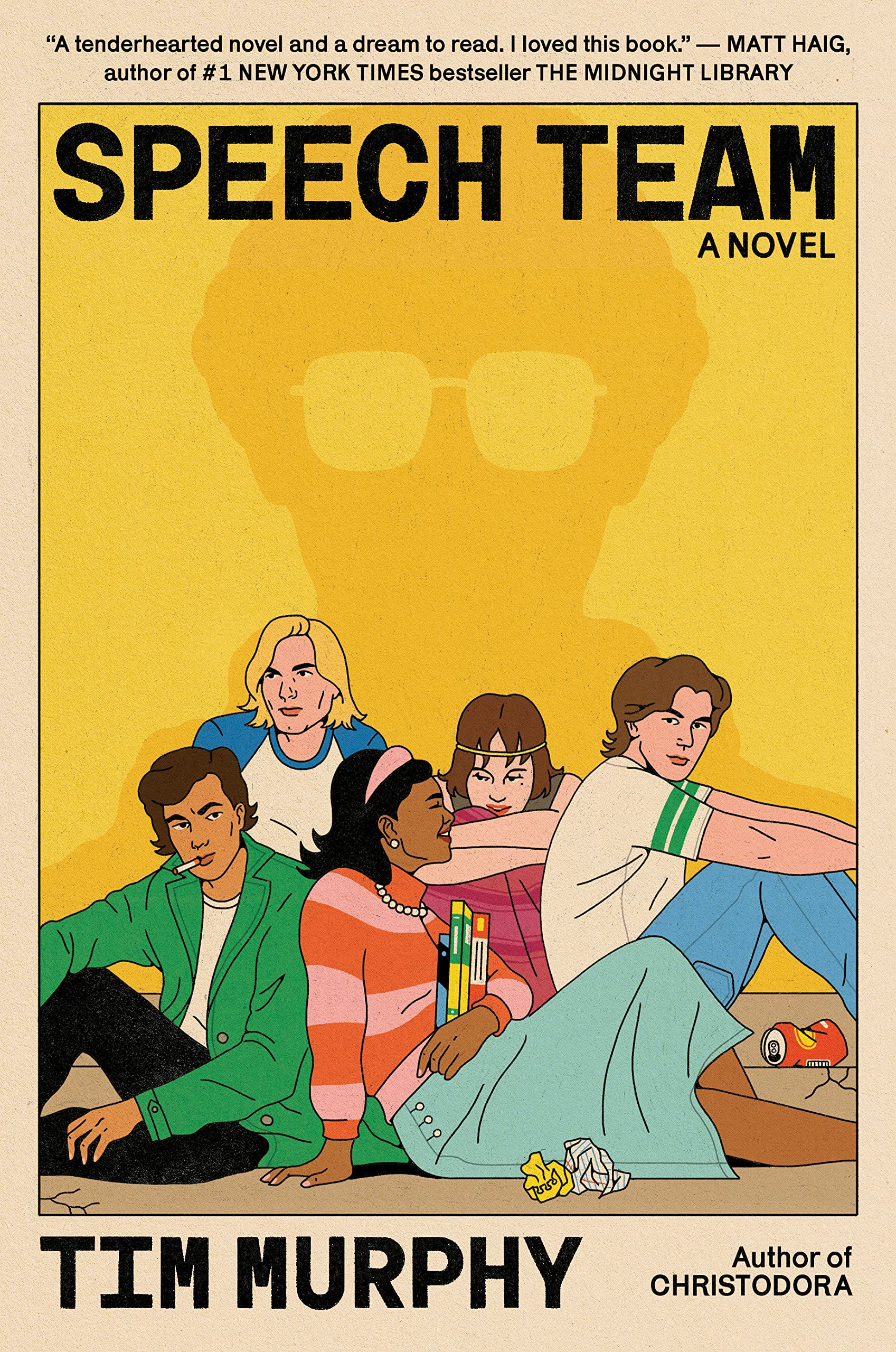
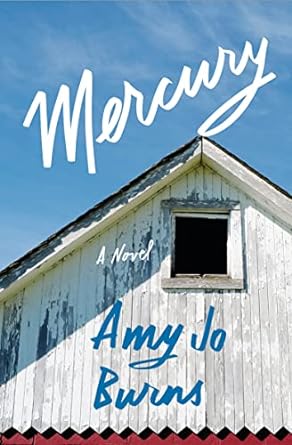
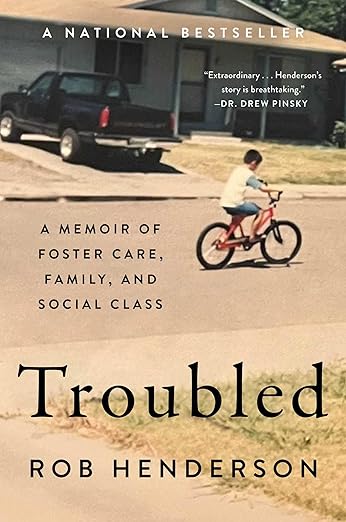
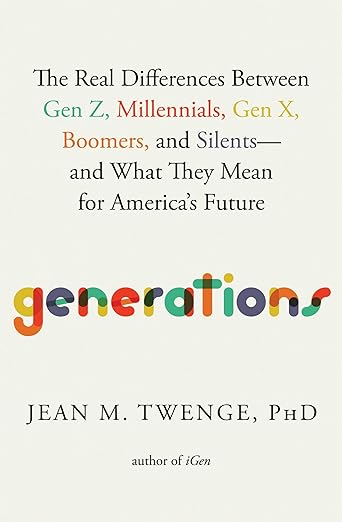
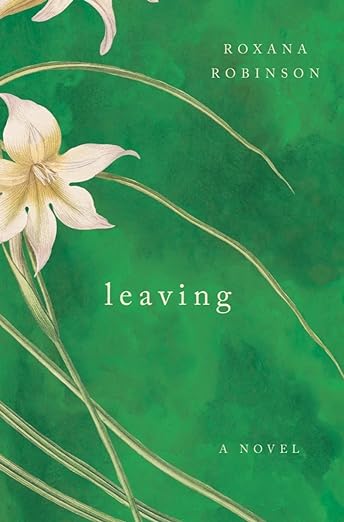
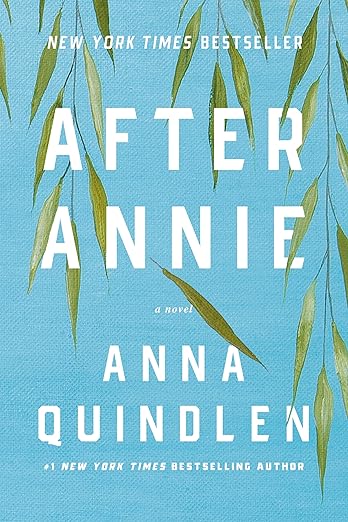
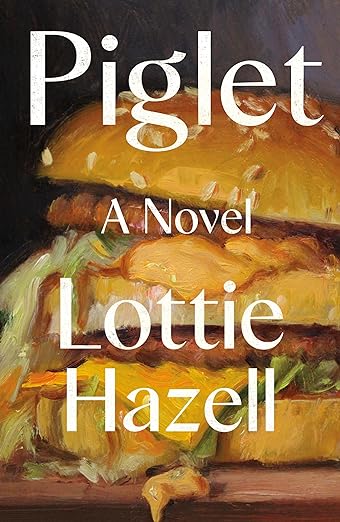
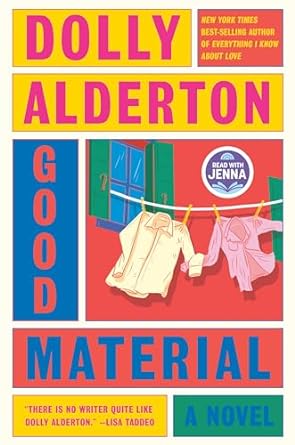
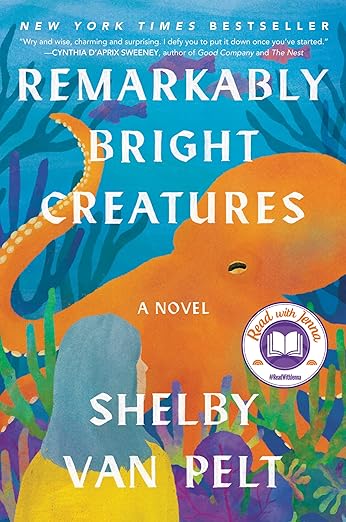
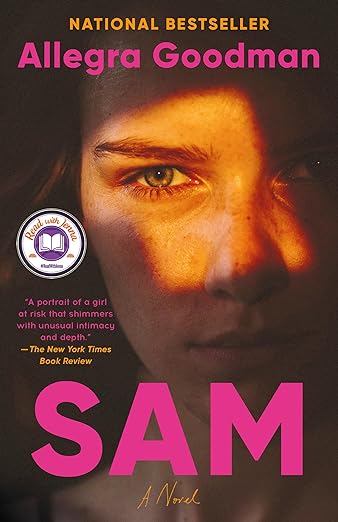
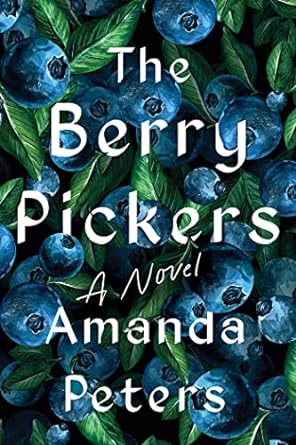
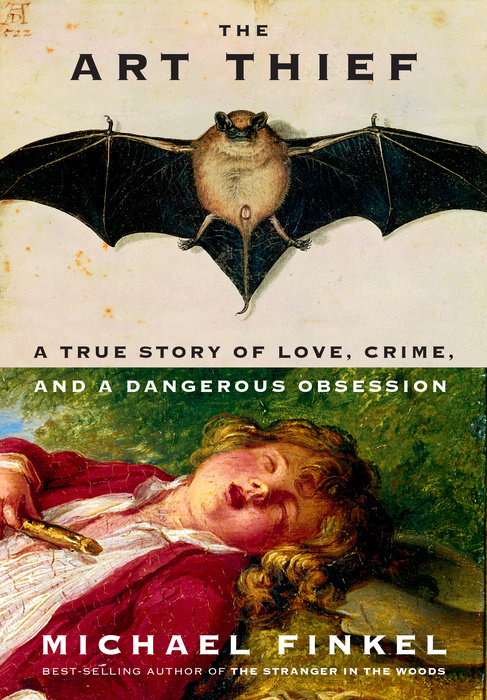
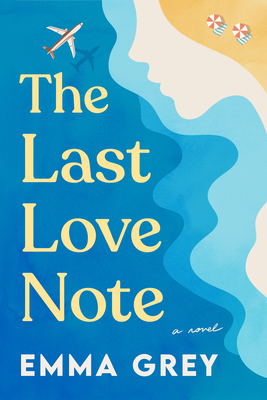
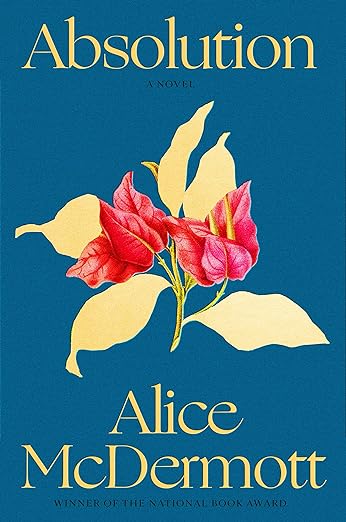
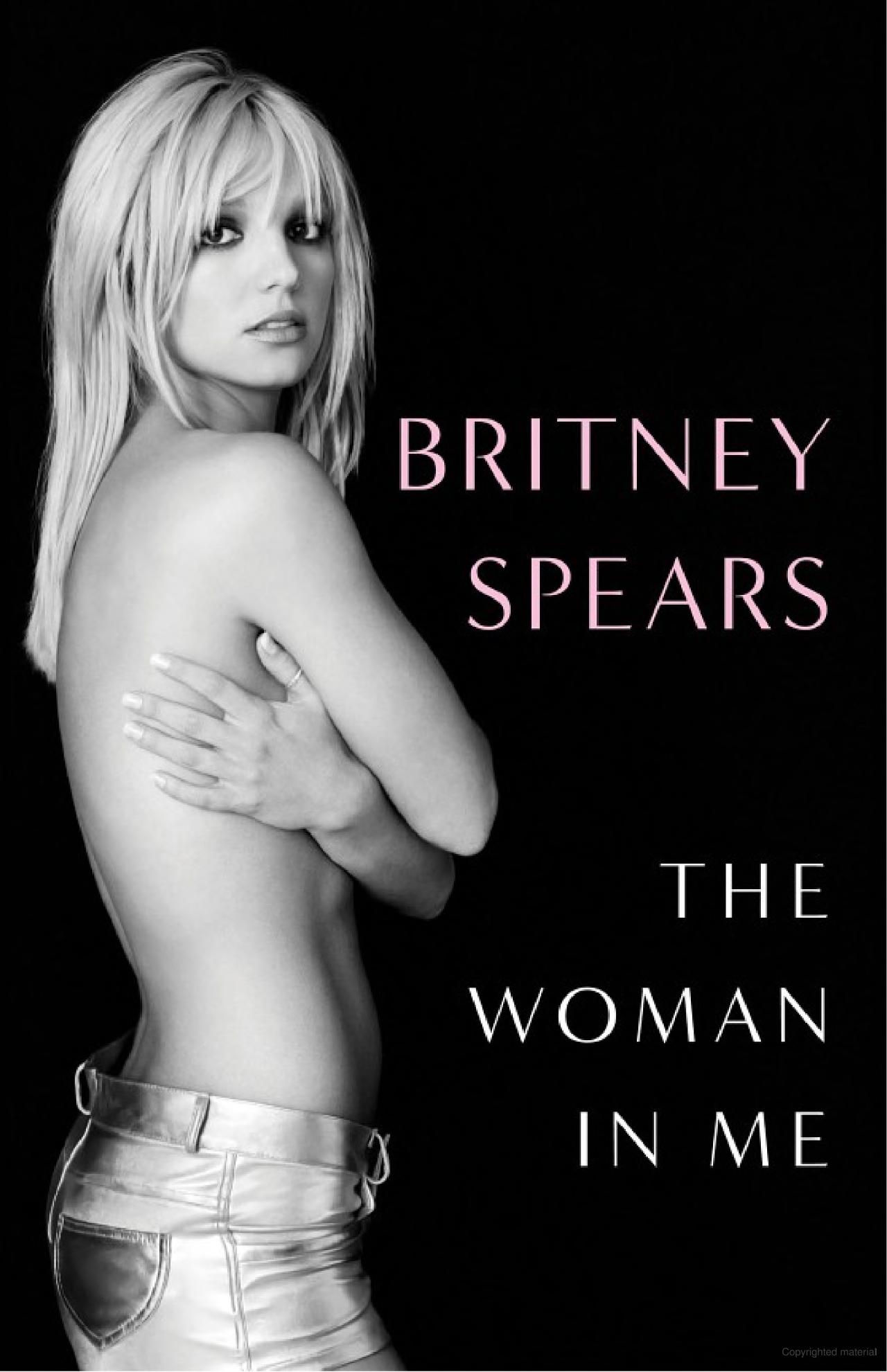
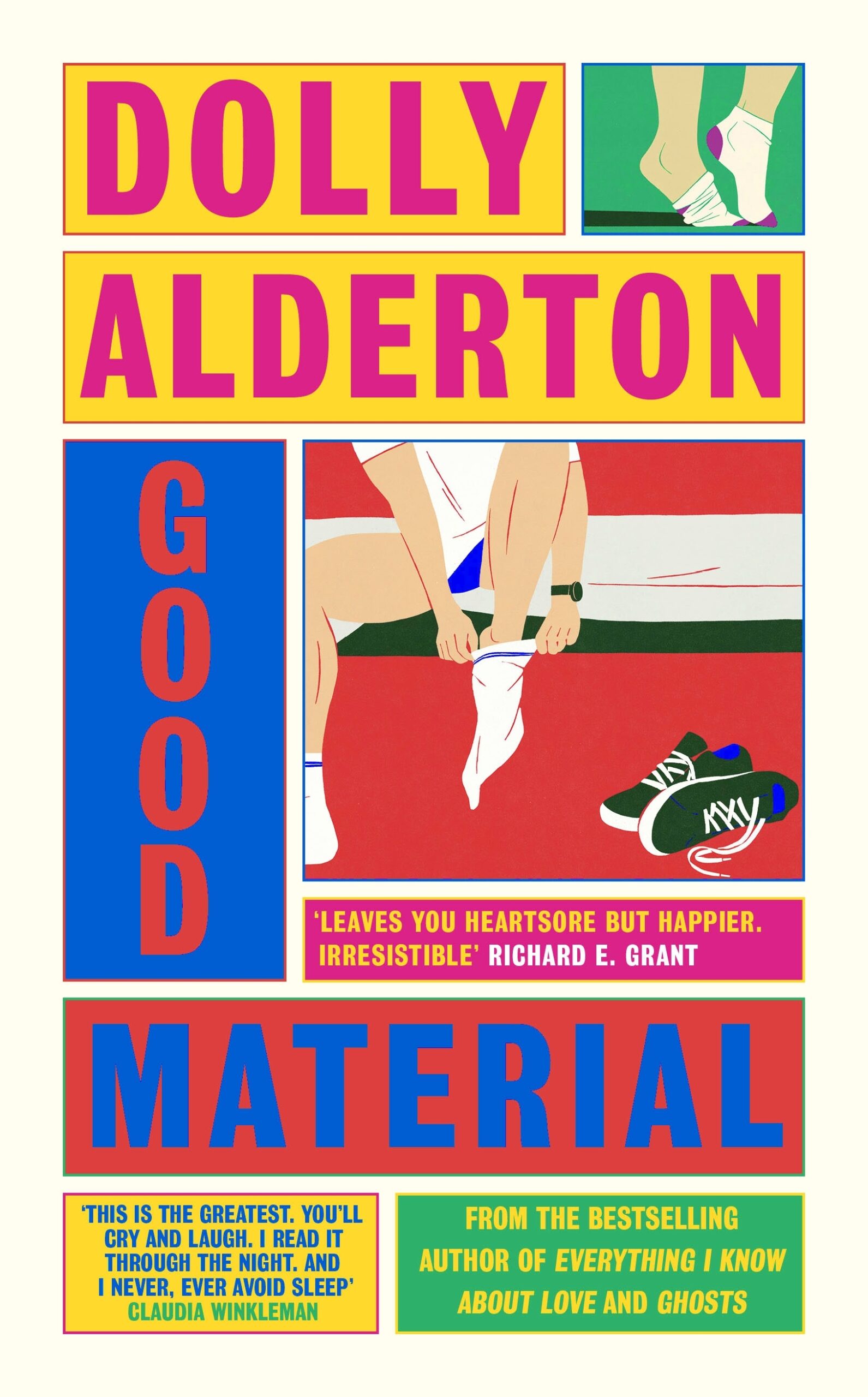
About Me
I have been blogging about books here at Everyday I Write the Book since 2006. I love to read, and I love to talk about books and what other people are reading.